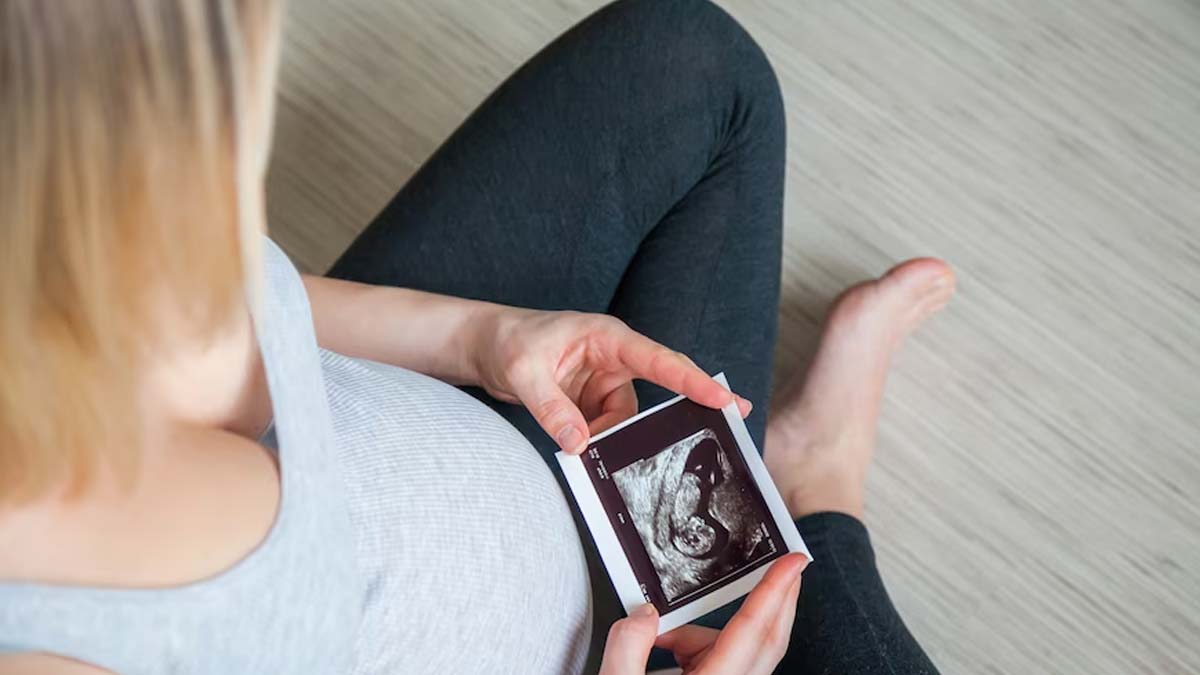
Fibroids are non-cancerous, benign growths that develop in the uterus, the reproductive organ where a foetus grows during pregnancy. Up to 20–80% of women develop uterine fibroids at some point in their lives, according to the Office on Women's Health. However, only about 20–50% of women with fibroids experience symptoms, which include heavy or prolonged menstrual bleeding, pelvic pain or pressure, frequent urination, and pain during sexual intercourse.
Table of Content:-
However, one of the biggest concerns when it comes to fibroids is whether they affect fertility and a person’s chances of having a safe pregnancy. In an interaction with the OnlyMyHealth team, Dr Aruna Kalra, Department of Gynaecology and Obstetrics, CK Birla Hospital, Gurugram, shed light on the same.
Also Read: Women Must Know These Things on Uterine Fibroids
What Are Fibroids?

Uterine fibroids, though non-cancerous, can wreak havoc on the uterus. They can enlarge and distort its shape, pressing on neighbouring organs and causing pain, frequent urination, and constipation.
Although the exact cause of fibroids is unclear, a number of things could influence how they develop. These include:
Hormones: The growth of fibroids may be aided by the hormones progesterone and oestrogen, which encourage the uterine lining's development during each menstrual cycle in preparation for pregnancy. When hormone levels drop after menopause, these growths typically diminish.
Genetics: You may have a higher chance of getting fibroids if your mother or sibling had them in the past.
Additionally, women who have never given birth or who became pregnant for the first time at a young age may have a greater chance of getting fibroids, according to Dr Kalra.
Can Fibroids Impact Fertility?
Some fibroids can hinder the journey of sperm or eggs, impacting fertility.
Dr Kalra said, “Some women with fibroids may experience no fertility issues, while others may face challenges. The potential ways in which fibroids can affect fertility include fertility blockage of fallopian tubes, distortion of the uterine cavity, and disruption of blood flow.”
However, the doctor added that not all fibroids cause problems with fertility; in fact, many of these women are able to conceive and give birth to healthy children. The location, size, and quantity of fibroids, among other variables, determine how they affect fertility. In fact, a study published in the journal Diagnostics found that fibroids inside the uterus (submucosal) hurt your chances of getting pregnant, whereas fibroids outside the uterus (subserosal) don't seem to affect pregnancy.
Additionally, researchers noted that bigger fibroids might benefit from removal before pregnancy, but smaller ones are trickier.
Therefore, consulting a healthcare professional is crucial to understanding your specific situation and exploring treatment options, as recommended by Dr Kalra.
Also Read: Uterine Fibroids: Here Are Some Symptoms To Know
Is It Possible To Get Pregnant With Fibroids?

Many women with fibroids are able to become pregnant, and the majority of these women have easy pregnancies, Dr Kalra shared.
In the end, it all depends on factors such as the size, number, and location of the fibroids, he added.
According to a study published in the Reviews in Obstetrics and Gynaecology, fibroids are very common, and most pregnancies with them are successful.
Only a small percentage (22–32%) of fibroids actually grow during pregnancy, and even then, the growth is limited and mainly happens in the first trimester, the researchers noted.
However, there are some complications to be aware of. Around 10–30% of women with fibroids experience issues during pregnancy, with pain being the most common one, especially for those with large fibroids in later trimesters.

Dr Kalra attributes the growth of fibroids and associated symptoms to hormonal variations during pregnancy. He said, "It can be influenced by the pregnancy-essential hormones progesterone and oestrogen, and because pregnancy raises hormone levels, fibroids may get bigger.”
Therefore, receiving appropriate prenatal care is crucial for women with fibroids who are intending to become pregnant or who are already pregnant, as the doctor recommended. Frequent check-ups with medical professionals, such as obstetricians, can aid in monitoring the pregnancy and addressing any possible issues, he added.
Conclusion
Uterine fibroids can affect your fertility and impact your chances of a healthy pregnancy. However, the effects may vary from person to person, as some people do not experience any complications at all. The key is to connect with a doctor or an obstetrician who can provide the right approach for managing fibroids and associated symptoms. While it is impossible to fully prevent the growth of fibroids, there are measures to reduce your risk.
Also watch this video
How we keep this article up to date:
We work with experts and keep a close eye on the latest in health and wellness. Whenever there is a new research or helpful information, we update our articles with accurate and useful advice.
Current Version